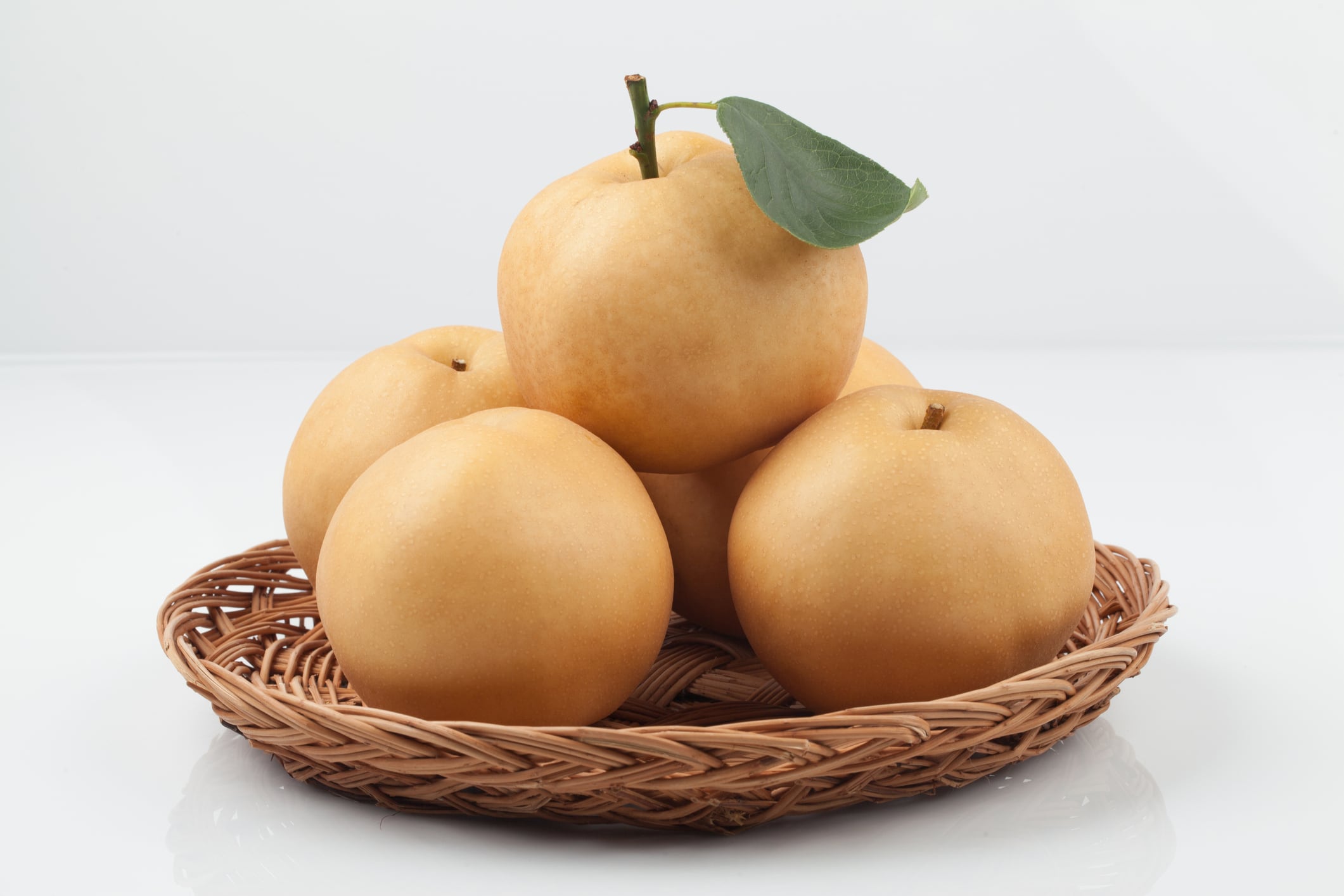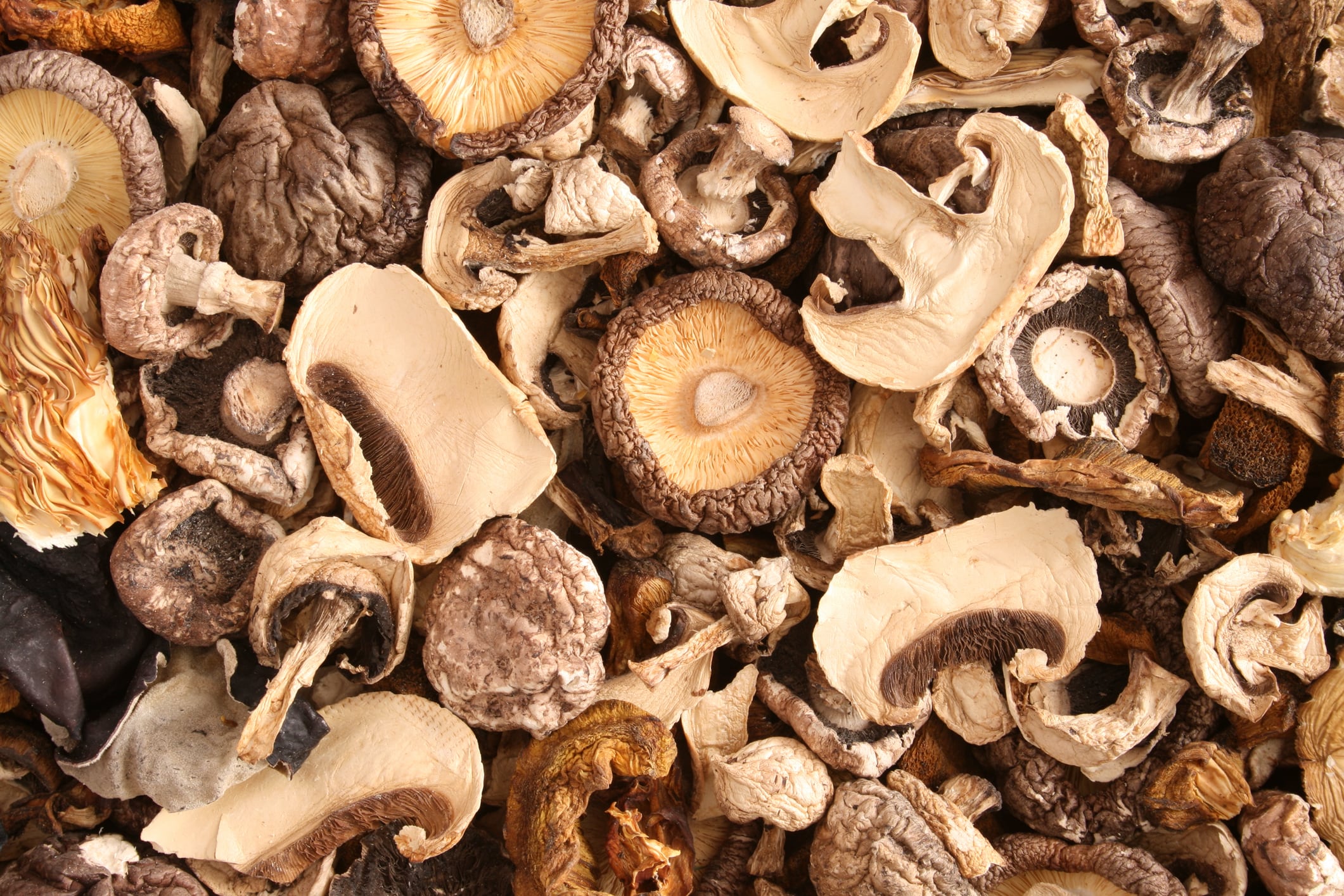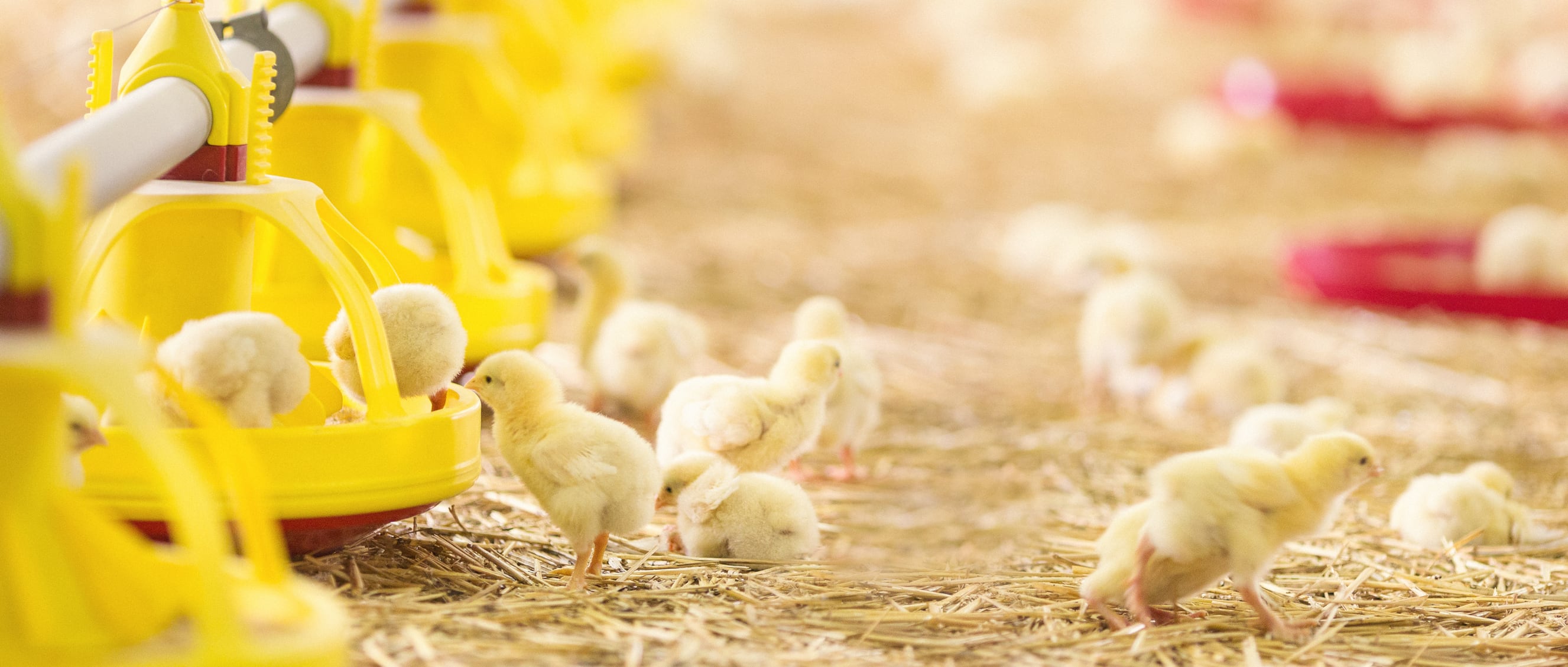Cangzhou, a prefecture in the Hebei province, is one of China’s major pear producers.
It has embarked on a mission to convert its saline-alkaline land into a productive agricultural hub.
At the same time, the city has initiated a pilot program to address its “long-standing” agricultural challenges.
The aims are to modernise the local agriculture sector and develop the adjacent rural areas.
In alignment with this, Canhzhou’s farmers have been encouraged to adopt more advanced agricultural techniques and practices.
There has been an emphasis on high-density planting, labour-saving methods, mechanisation, standardised processes.
By implementing more advanced planting practices, the number of pear trees per hectare have increased from approximately 900 to over 2,400.
In turn, this has boosted yield to 45,000 kilograms per hectare.
Furthermore, more than 91% of pears harvested have been classified as high-quality produce.
Additionally, the integration of navigation systems and autonomous farm machinery has enhanced operational efficiency by 20% to 30%.
At the same time this has reduced seed usage by around 20%.
In February, unveiled a comprehensive policy blueprint for rural development.
According to its central government, the policy called for enhanced efforts in the work related to agriculture, rural areas, and farmers in the years to come.
The aim is to advancing “all-around rural revitalisation” and further strengthen the country’s agricultural foundation.
“These efforts are intended to enhance agricultural efficiency, invigorate rural areas and boost farming incomes,” said Wang Jinchen, deputy director of the Development Planning Department at the Ministry of Agriculture and Rural Affairs (MARA).
Growing wheat influence
In addition to pears, Cangzhou has pushed the development of its wheat industry with new wheat varieties.
“The city is emphasising a model that aligns seed selection with land characteristics, integrating production, education, research, breeding, and promotion to drive innovation in crop varieties.”
At around 4,100 hectares, the Cangzhou Dry Alkaline Wheat Breeding Base has an annual breeding capacity of 18,000 tons.
Researchers of the Cangzhou Academy of Agricultural and Forestry Sciences have utilised are advanced technology to accelerate breeding processes.
“Using an artificial climate chamber capable of adjusting temperature, humidity, and other environmental conditions to simulate outdoor farmland, scientists are able to breed up to four generations annually, significantly enhancing breeding efficiency.”
Eleven newly developed dry alkaline wheat strains that are currently undergoing approval.
Three new varieties, including one called Cangmai 18, has already received official approval.
Other varieties that have received approval in are Xiaoyan 60 and Xiaoyan 155, developed by The Chinese Academy of Sciences’ Ecological Agricultural Experiment Station to be salt-tolerant and drought-resistant.
The latter variety has recorded a yield of 6,178.5 kg per hectare.
Some varieties received government endorsements and developed brand recognition.
Huanghua Dry Alkali Wheat, has been recognised by the government as a local speciality, while Cangzhou Dry Alkali Wheat earned “provincial-level brand status”.
Additionally, 19 locally developed dry alkali wheat strains have received green food certifications, highlighting their eco-friendly and high-quality production.
Cangzhou currently has 15 dry alkaline wheat processors operating above the municipal level, with a combined annual production capacity exceeding a million tons.





